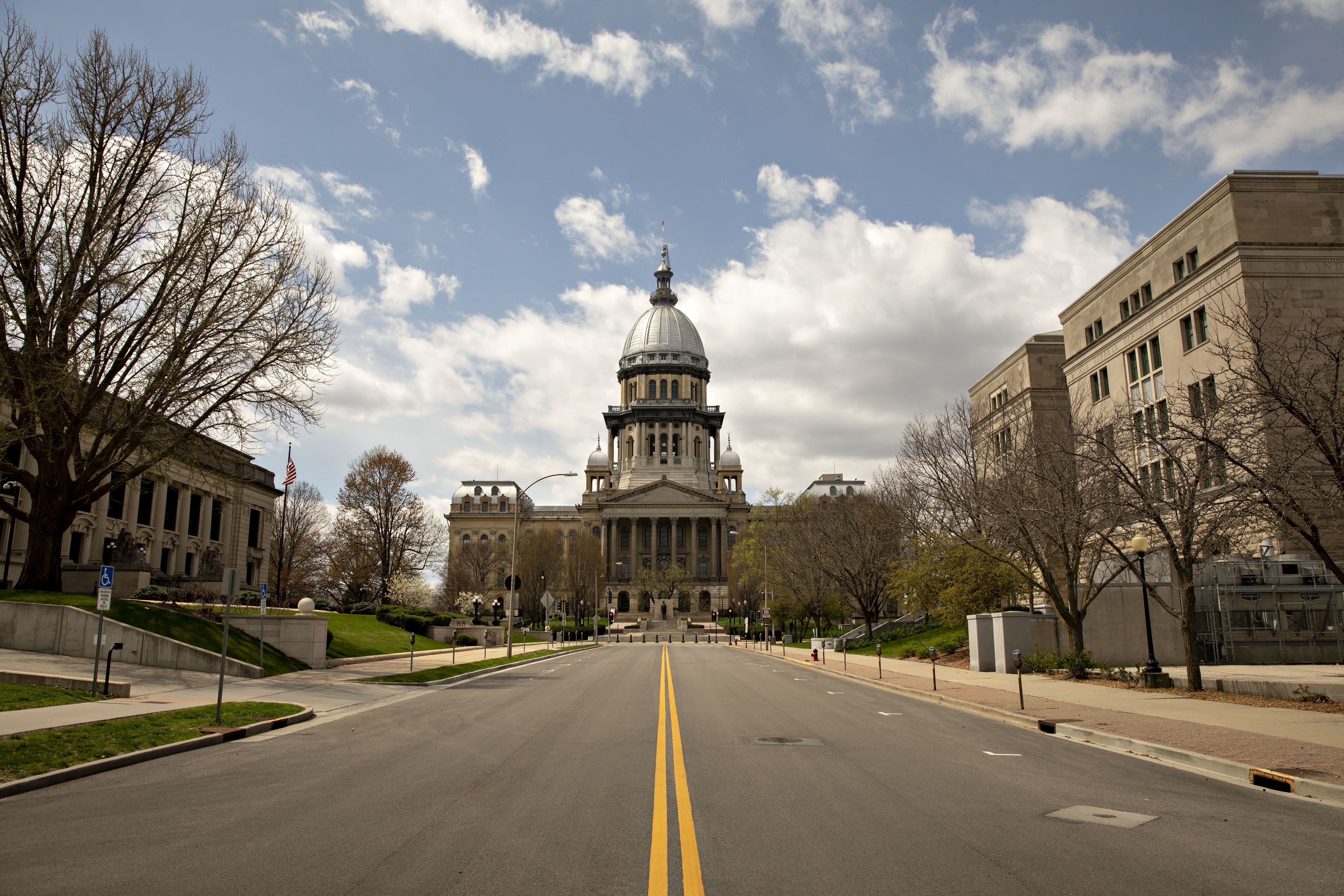With only five days left until the Presidential election, former Mayor Richard J. Daley introduced John F. Kennedy, “the Irish Prince,” to a sold-out audience following a Torchlight Parade on November 4, 1960. Carol Marin reports on the lasting legacy of that speech.
With only five days left until the Presidential election, former Mayor Richard J. Daley introduced John F. Kennedy, "the Irish Prince," to a sold-out audience following a Torchlight Parade on November 4, 1960.
Decorated floats from Chicago's ward organizations led the way down Madison Street west to the old Chicago Stadium where Kennedy would give his speech. Crowds followed on the cool and rainy night, carried by the energy of a host of marching bands.
People of all ages were in attendance, from college students proudly wearing their political buttons reading, "If I was 21 I'd vote for Kennedy," to politicians eager to hear the Senator from Massachusetts.
And across the country, on the NBC Television Network, people tuned in to watch Kennedy's speech, broadcast courtesy of Mayor Daley and the Cook County Democratic Party.
In fact it was all sponsored by Daley, from the parade to the stadium in a last-ditch effort to win the state -- as well as the nation.
The 30-minute national broadcast of Kennedy's speech was preceded by a half hour of the Torchlight Parade broadcast locally on NBC.
Marching that night was 20-year-old Roger Hughes.
"I remember the energy in that parade and feeling excited that I was going to see this person who I had been reading about and watching on television," said Hughes, now the Executive Director of Old St. Pat's Church.
Racing for a perfect seat in the stadium was Paul Green. He remembers sitting in the first row of the balcony with a perfect view of the podium.
Local
"Mayor Daley comes in with John Kennedy, and he just looked absolutely 20 years younger than everyone around him," said Green. "He looked like he should have been up there with us."
It was an unforgettable night for the two, and also for a young Newton Minow. Minow had been involved in the first televised debate between Kennedy and Richard Nixon just six weeks prior to the parade.
That night a friend told Minow he should consider working for Kennedy in Washington if he won the presidency. Minow's friend told him, "You're making a huge mistake. This is going to be an adventure and an opportunity of a lifetime."
And it was. Minow accepted a position as the first Chairman of the Federal Communication Commission. A photo of the Minow family at the White House still reminds him of the close relationship he had with Kennedy.
"JFK once described himself as an idealist without delusions," said Minow. "And I think that's exactly what he was."
Kennedy's election marked a transformative change in politics directed at calling a younger generation to action. His call, said Green, was part of the legacy that Kennedy is still remembered for today.
"Here's this guy talking about the new frontier, talking about all these other things you could do," said Green. "That was the first time I had the political tingle."
Paul Green went from a college student with no political experience to working for Robert Kennedy in 1968. Today he is the Director of the Institute for Politics at Roosevelt University.
So did Daley's decision to broadcast the speech nationally and the parade locally work?
It was a breathtakingly close election. Kennedy won the state of Illinois by a mere 8,858 votes, and nationally by just over 100,000 votes, with 63.1 percent of Americans casting their vote.
There has been much debate on Daley's role in the election and whether or not Cook County helped "steal" the election for Kennedy.
That will remain cause for debate for years to come.
But one thing that is certain; that cold November night in Chicago changed lives, including Paul Green's.
"We had never seen anything like this. All the political leaders, be it Truman or Eisenhower were old men talking. And not that they weren't great presidents --but this was different," Green said. It was, he said about that night in Chicago, "a magic moment."



